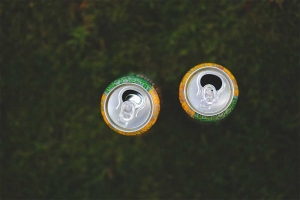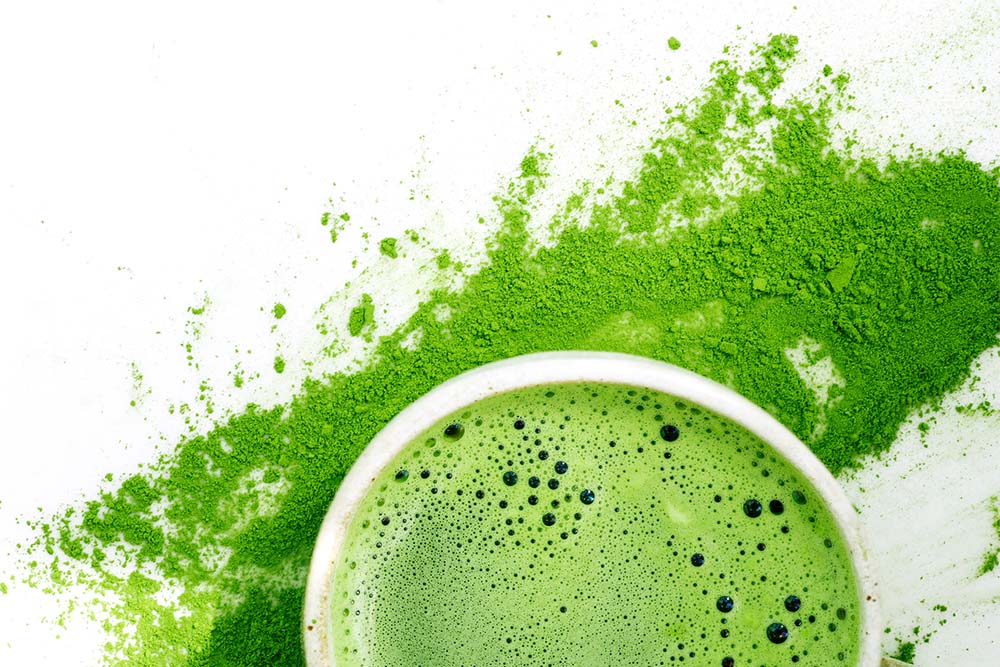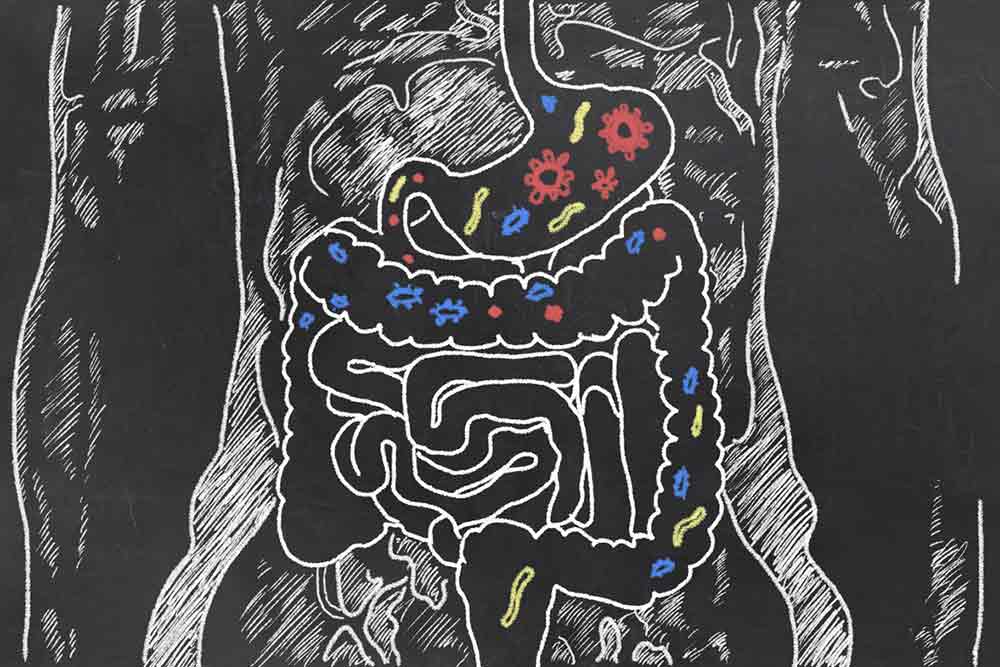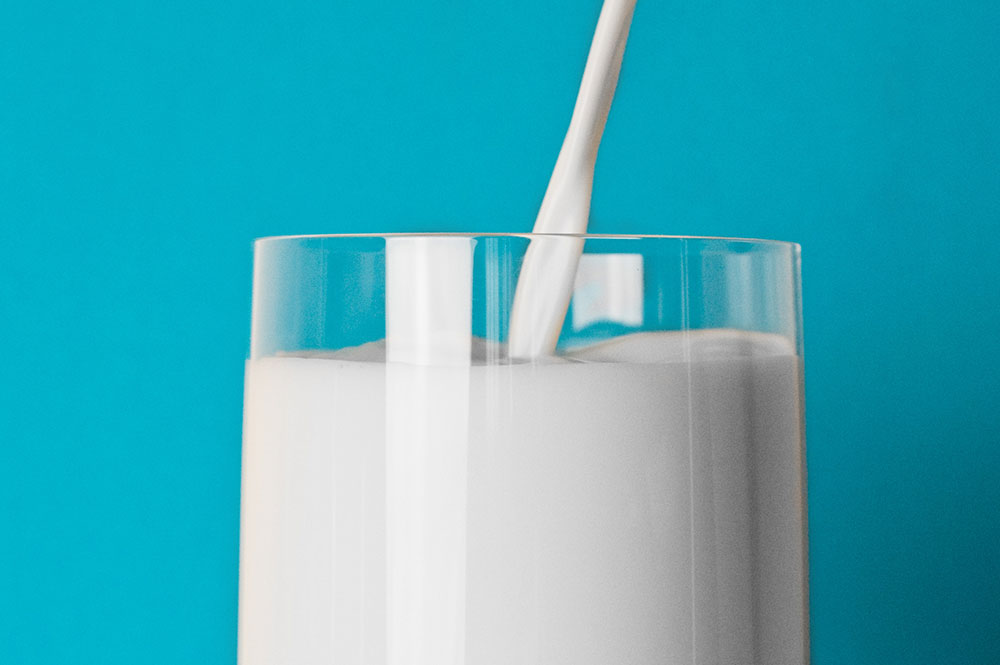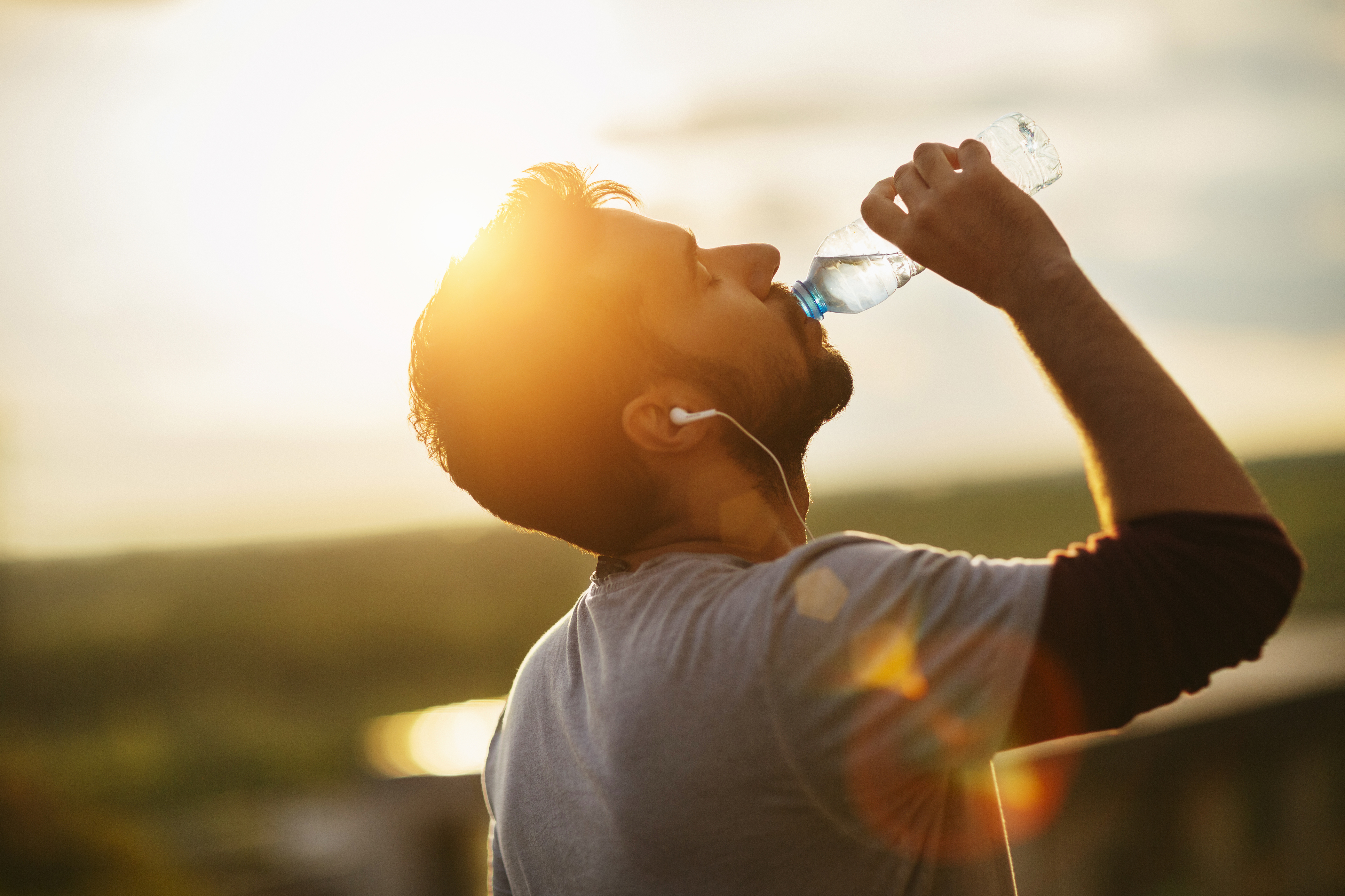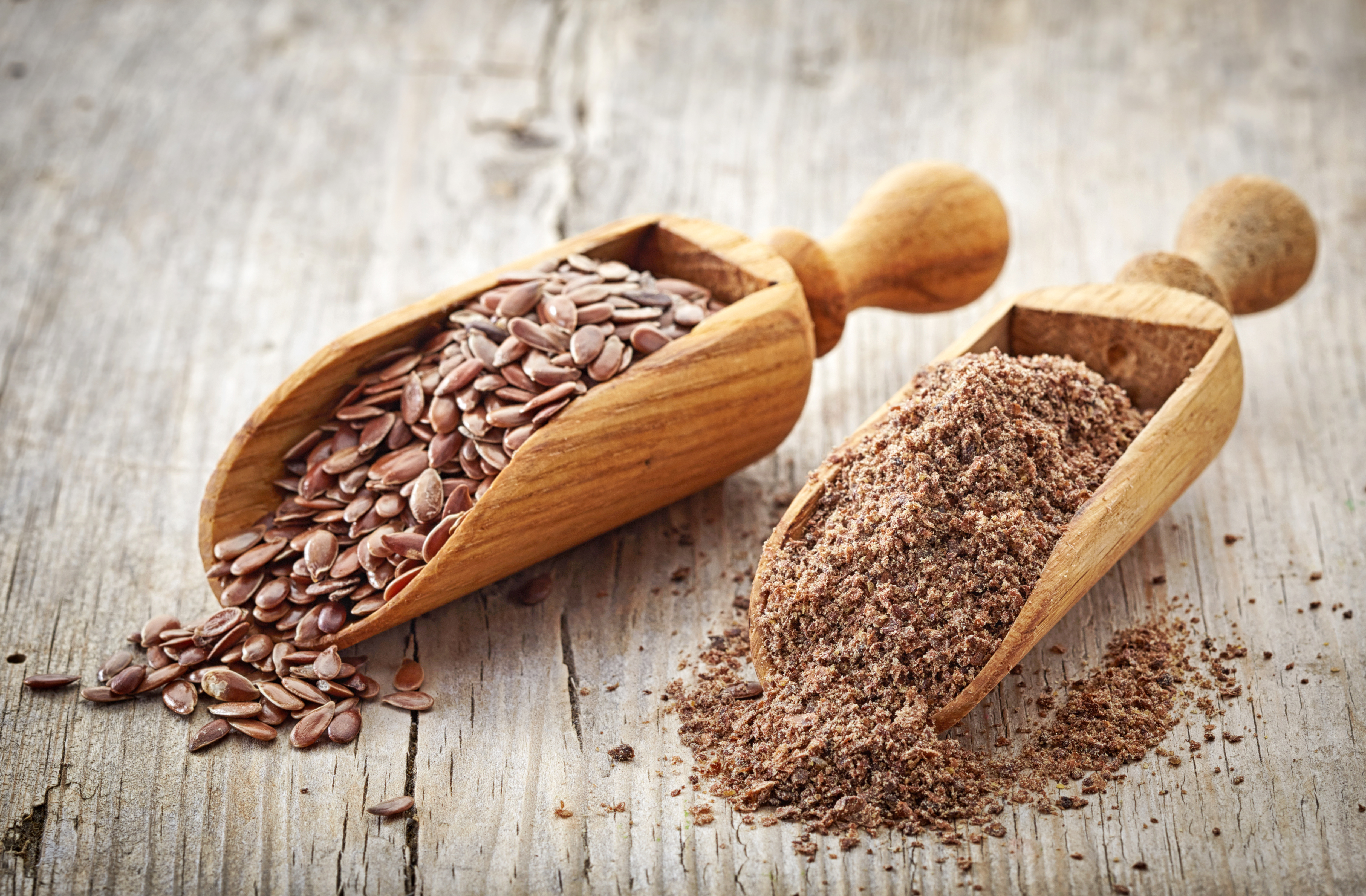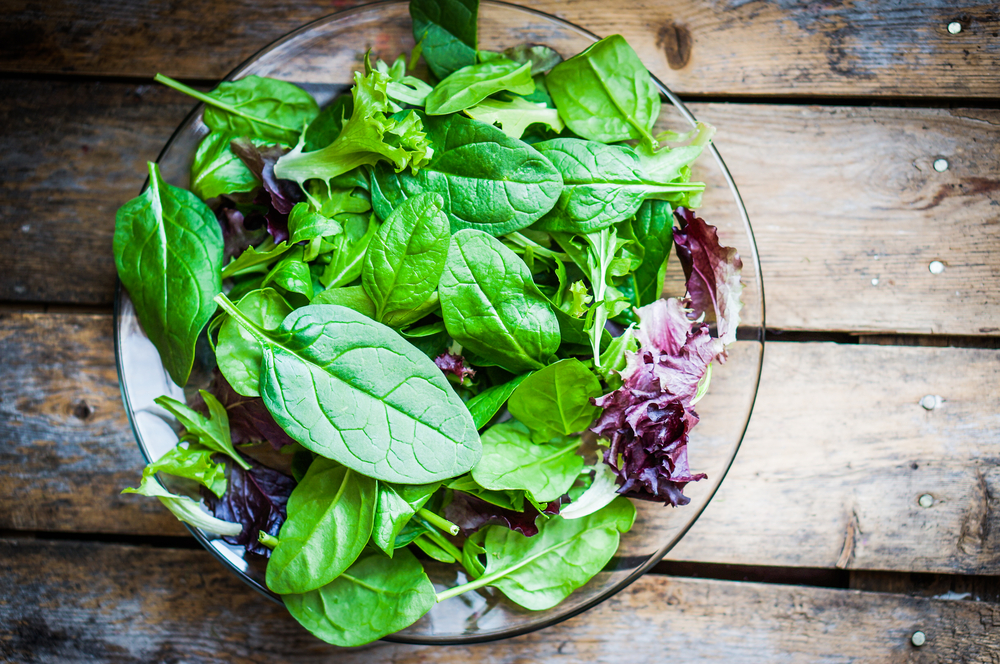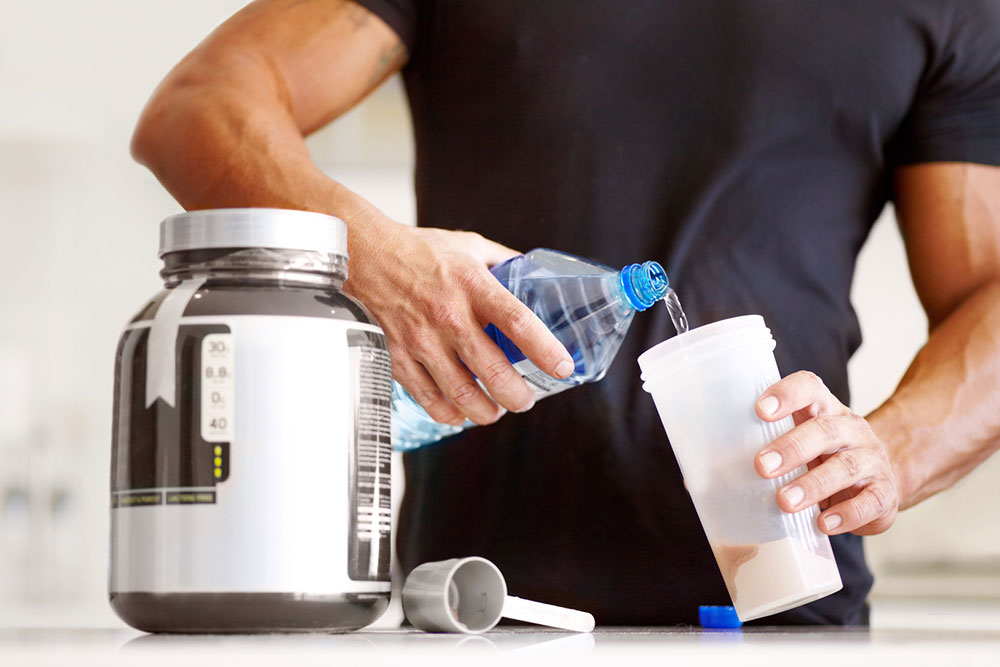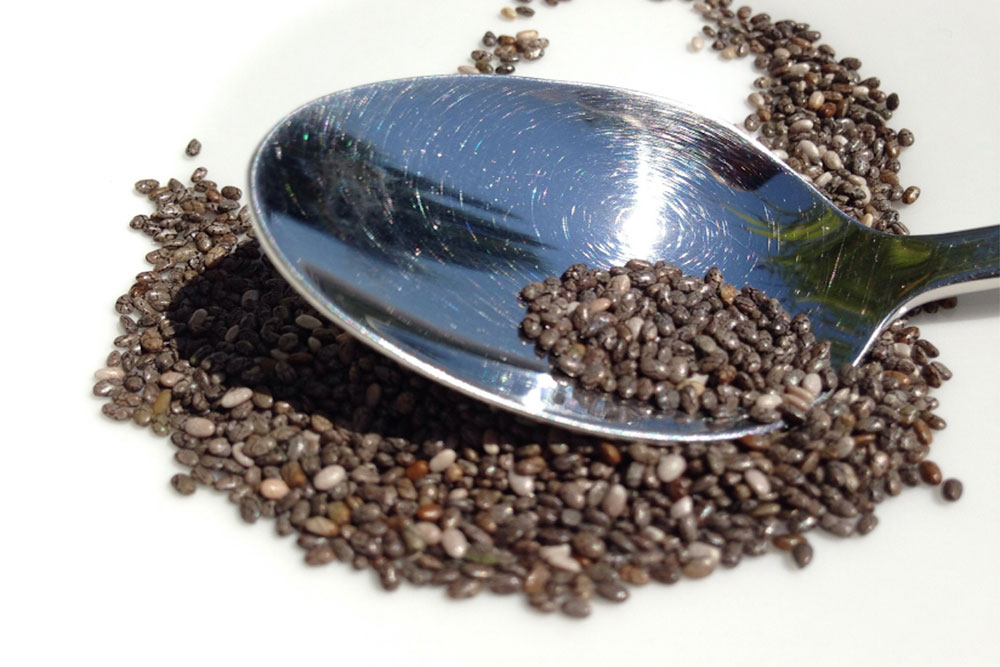Can Any Amount of Alcohol Be Part of a Clean Lifestyle?
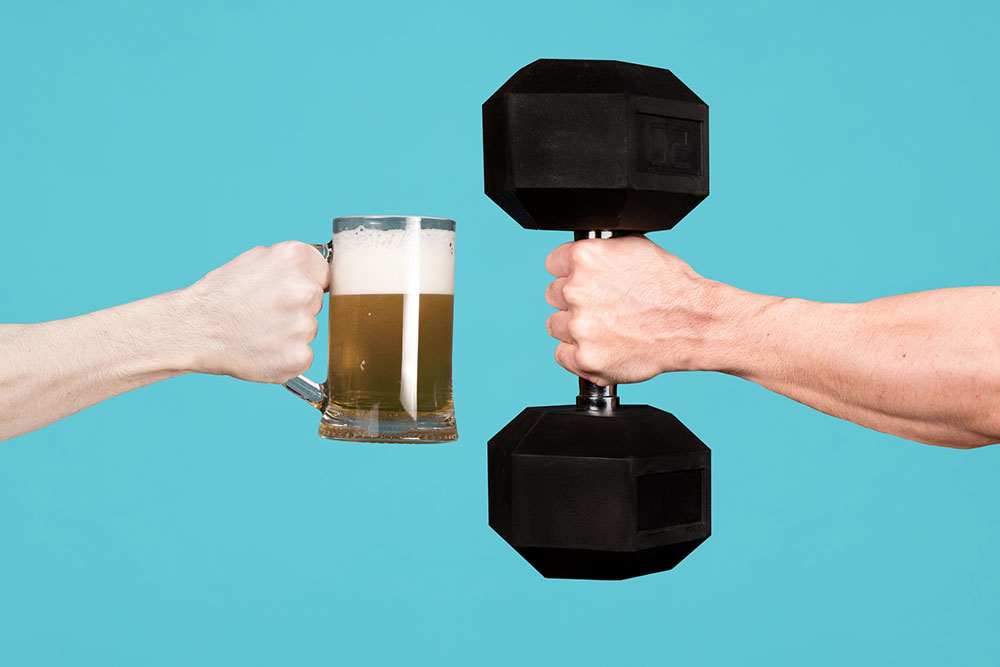
Alcohol has become an integral part of our social structure.
It is consumed in celebration, in sadness, and with dinner. It is often viewed as fuel for a fun night out. A social lubricant that can turn even the most awkward of humans into the life of a party in a mere matter of hours.
However, as you all know, excessive alcohol consumption can have deleterious effects on health.
But can you have some without any issue? I mean, is any alcohol bad for you?
Can any amount of alcohol be a part of a healthy lifestyle?
Over the last few years the message around alcohol has been constantly changing – so much so that now it can be very hard to separate the truth from misinformation.
One day you might be told that 1-2 drinks per day is fine. On another, you might be told that you shouldn’t drink any at all or your health will suffer significantly.
Hell, some people may even tell you that alcohol is good for you.
So, what should you believe?
Well, in 2018, the largest study exploring the relationship between alcohol consumption and health ever conducted was finally published. It included data from 195 countries, obtained over a whopping 26 year period (Griswold, 2018).
And what did they conclude?
That the level of consumption to minimise risk of death and health loss associated with alcohol is zero.
As in nothing at all.
Now this is not to say that certain alcohols cannot have a positive impact on specific areas of health, because they can.
However, this huge study concluded that even these positives are insignificant compared to the negatives.
So, if you were wondering how much alcohol is safe to drink daily, the ‘safest’ answer would be none.
What are the risk factors of drinking?
In general, we can break down alcohol consumption into one of four categories (Abel, 1998):
- Light consumption: approximately 1 drink per day
- Moderate consumption: approximately 2 drinks per day for men, and 1 drink per day for women
- Heavy consumption: approximately 3-4 drinks per day
- Abusive consumption: 5 or more drinks per day
And as I am sure you can imagine, this health risks associated with drinking increase significantly depending upon your level of consumption.
Alcohol and brain health
In an acute setting, many of us have experienced some of the effects that alcohol exhibits on the brain.
Things like a loss of coordination, a decline in problem solving capabilities, changes in mood, and irrational behaviour, all come to mind.
But what about in the long run?
First and foremost, chronic heavy alcohol consumption has been shown to lead to atrophy of the brain, declines in cognitive capabilities, and an increased risk of mental health disorders (including both depression and anxiety).
Additionally, regular moderate alcohol consumption has been shown to increase the risk of developing dementia and age-related declines in cognition in a big way (Topiwala, 2018).
In fact, it has been suggested that to optimise brain health, alcohol should be avoided completely.
Related Article: Lifestyle Recommendations To Prevent Cognitive Decline
Alcohol and heart health
Interestingly, when it comes to heart health, we do see a slightly different story (Goel, 2018).
Those who are light to moderate consumers of alcohol tend to have slightly better cardiovascular health than those who drink nothing at all. This suggests that the effects of alcohol (in small amounts) on the cardiovascular system may protect people from things like heart disease and stroke.
Conversely (and somewhat expectedly), regular excessive alcohol consumption has been linked to an increased risk of cardiovascular disease, stroke, heart attack, and high blood pressure.
Alcohol and liver health
Like brain health, to optimise liver health, abstaining from alcohol appears to be the best option (Szabo, 2010).
Heavy drinking is the primary risk factor for fatty liver disease and cirrhosis – two of the most debilitating liver related diseases on the planet.
Moreover, even small intakes of alcohol consumption have been linked to declines in liver health.
Alcohol and cancer
And finally, the link between alcohol consumption and cancer risk has been well known for decades (Bagnardi, 2001).
Regular alcohol consumption has been shown to increase the risk of developing a cancer of the oral cavity, pharynx, oesophagus, larynx, stomach, colon, rectum, liver, breast, and ovaries.
Importantly, the more you drink, the greater your risk.
Are there any benefits to drinking?
Earlier in the above section, I mentioned that low to moderate consumption of alcohol appears to have a protective effect on heart disease and risk of stroke.
It is also important to note that those who drink a small amount of alcohol daily tend to have lower blood sugar, better insulin sensitivity, and better blood cholesterol levels, than those who do not drink at all (Nova, 2012).
Drinking and stress
But what about alcohol and stress?
I mean, a lot of people will argue that alcohol helps reduce stress, which can have an overall positive impact on health – but is this really the case?
Well, kind of.
There is some evidence to suggest that consuming a small amount of alcohol can have a positive effect on psychological wellbeing and feelings of happiness – and this can help a very small percentage of the population ‘de-stress’ (Baum-Baicker, 1985).
However, on the other hand, alcohol intake has been directly linked to stress.
In this manner, people who are suffering from high levels of stress are more likely to drink more alcohol because they believe it helps reduce stress. But this is more likely to lead to alcohol dependence, and the many health issues associated.
Related Article: The Trick Stress Plays on Your Metabolism
Drinking and lifespan
And finally, I wanted to touch on one of the commonly discussed benefits associated with drinking a particular type of alcohol, being red wine.
Red wine is full to the brim will special antioxidants known as polyphenols (of which ‘resveratrol’ is arguably the most powerful). These compounds help fight off harmful free radicals throughout the body, protecting the brain and cardiovascular system from damage (Salehi, 2018).
As a result, the light consumption of red wine has been hypothesised to have a preventive effect against heart disease, and dementia – however, to date, there is no long term evidence suggesting that those who drink red wine are more likely to live longer than those who do not.
Related Article: Increase Strength, Increase Lifespan
Should athletes avoid alcohol completely?
While we have established that there is a limit of somewhat safe alcohol consumption (although none is the safest amount…), there is a particular group of individuals that this doesn’t really apply to.
Yep, you guessed it – athletes.
While the vast amount of exercise that athletes undertake is likely to mitigate many of the negative health effects associated with low to moderate alcohol consumption, we also need to consider its impact on other areas.
Research has shown that even small amounts of alcohol can impair physical performance for up to 72 hours after consumption. Moreover, consuming alcohol after exercise has also been shown to impair recovery.
With this in mind, at least during the season, athletes should abstain from alcohol completely.
Is being sober trending?
Something that has been quite interesting of late the perception that there is a millennial and Gen Z sober trend – but is this really the case? Are millennials drinking less?
And in general, it appears they are.
We have seen a steady decline in alcohol consumption among 16-24 year olds for the better part of 30 years. While there could be a myriad of reasons for this, most people hypothesize it is likely be due to the following:
- Increasing costs of alcohol
- Decline in the job market (and therefore less disposable income)
- Increased health awareness among the population
- Heightened health promotion actions from the government
All in all, considering the health implications associated with reduced alcohol consumption, this can only be a good thing in the long run.
Tips for replacing alcohol and drinking less
Finally, lets outlines some practical tips you can use to replace alcohol and drink less:
- Use alcohol alternatives: if you don’t want to drink in a social setting, it is very easy to opt for a ‘virgin’ alternative. This is a great way to enjoy a nice drink without people bugging you about not drinking.
- Set goals: if you are having a night out, set yourself a nightly limit and stick to it. This often results in you pacing yourself much better than you would normally as well, which is a great way to reduce the likelihood of a regretful night out.
- Measure your drinks: when drinking out, you often find that a lot of people ‘over-pour’ their drinks. Try and keep people honest and stick to proper serving sizes.
- Make up a ‘dry’ challenge: simply take an entire month (or more) off drinking and tell people you are undertaking a challenge. This is a great way to reduce your alcohol consumption, and more often than not, stop people from asking why you are not drinking.
- Set rules: finally, set some rues with yourself. This could be something as simple as ‘I will no longer drink on weeknights’, or ‘I will not drink this week’. Whatever it is, setting a rule is a great way to keep yourself honest.
As simple as each of these tips are, they offer an easy way to keep your alcohol intake down and your health high – so give them a go.
Related Article: Can you Afford Cheat Meals?
Take Home Message
Alcohol has been embedded in our culture for decades.
However, there is a growing body of evidence suggesting that limiting your intake as much as possible is hands-down the best option to go to optimise your health.
So, give the tips outlined in this article ago and get your intake down!
References
Griswold, Max G., et al. “Alcohol use and burden for 195 countries and territories, 1990–2016: a systematic analysis for the Global Burden of Disease Study 2016.” The Lancet 392.10152 (2018): 1015-1035.
Abel, Ernest L., Michael L. Kruger, and John Friedl. “How do physicians define “light,”“moderate,” and “heavy” drinking?.” Alcoholism: Clinical and Experimental Research 22.5 (1998): 979-984.
Topiwala, Anya, and Klaus Peter Ebmeier. “Effects of drinking on late-life brain and cognition.” Evidence-based mental health 21.1 (2018): 12-15.
Goel, Sunny, Abhishek Sharma, and Aakash Garg. “Effect of alcohol consumption on cardiovascular health.” Current cardiology reports 20.4 (2018): 19.
Szabo, Gyongyi, and Pranoti Mandrekar. “Focus on: alcohol and the liver.” Alcohol Research & Health 33.1-2 (2010): 87.
Bagnardi, Vincenzo, et al. “Alcohol consumption and the risk of cancer: a meta-analysis.” Alcohol Research & Health 25.4 (2001): 263.
Nova, Esther, et al. “Potential health benefits of moderate alcohol consumption: current perspectives in research.” Proceedings of the Nutrition Society 71.2 (2012): 307-315.
Baum-Baicker, Cynthia. “The psychological benefits of moderate alcohol consumption: a review of the literature.” Drug and Alcohol Dependence 15.4 (1985): 305-322.
Salehi, Bahare, et al. “Resveratrol: A double-edged sword in health benefits.” Biomedicines 6.3 (2018): 91.
You Might Like:

